Owning a motorcycle can be an exhilarating experience, providing freedom, excitement, and a sense of adventure on the open road. However, it’s important to understand the costs involved in owning a motorcycle beyond the initial purchase.
From maintenance and insurance to fuel and licensing fees, there are several financial considerations to keep in mind. Here, we’ll give you an overview of the entailed expenses so you can save up and allocate a monthly budget!
How Much Does It Cost to Own a Motorcycle?
Determining the true cost of owning a motorcycle hinges on its purchase price. Beginner motorcycles, ranging from $5,000 to $10,000, offer affordable options, while the used market caters to cost-conscious buyers with even cheaper alternatives.
However, for those eyeing sportier or heavy-duty rides like the Ducati Panigale or Honda Gold Wing, prices can soar up to $40,000. The type of motorcycle you choose will significantly impact the price tag.
Savvy buyers can also benefit from manufacturer incentives, which often make new vehicles more budget-friendly by swiftly clearing dealership lots.
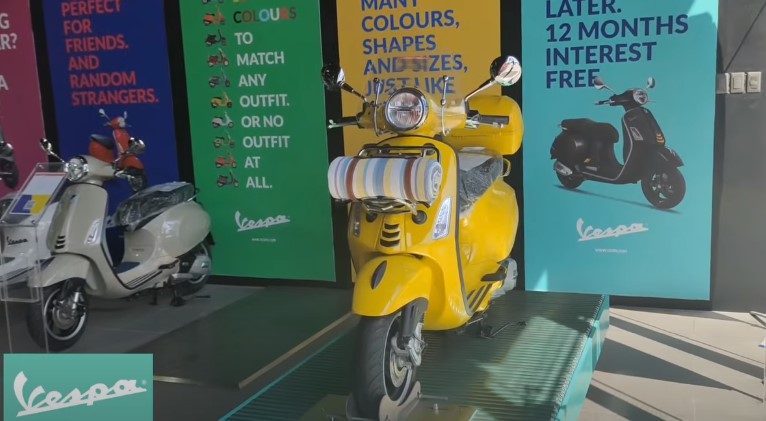
Different Factors That Affect the Cost of Owning a Motorcycle
Owning a motorcycle brings with it a sense of freedom and excitement. However, before hitting the open road, it’s essential to consider the various factors that can influence the overall cost of motorcycle ownership.
From initial purchase price to ongoing expenses, let’s explore the key elements that can impact your wallet and ensure you make informed financial decisions.
Purchase Price
The first and most obvious factor affecting the overall cost is the purchase price of the motorcycle. Beginner bikes typically range from $5,000 to $10,000, while high-performance or luxury motorcycles can reach prices of $40,000 or more.
Opting for a used motorcycle can significantly reduce the purchase price and offer a more budget-friendly option for cost-conscious buyers. Additionally, keep in mind that different types of motorcycles, such as cruisers, sport bikes, or touring bikes, often come with varying price tags.
Financing and Insurance
Apart from the initial purchase price, financing, and insurance play crucial roles in determining the overall cost of owning a motorcycle. If you choose to finance your motorcycle, the interest rate, loan term, and down payment amount will affect your monthly payments and the total amount paid over time.
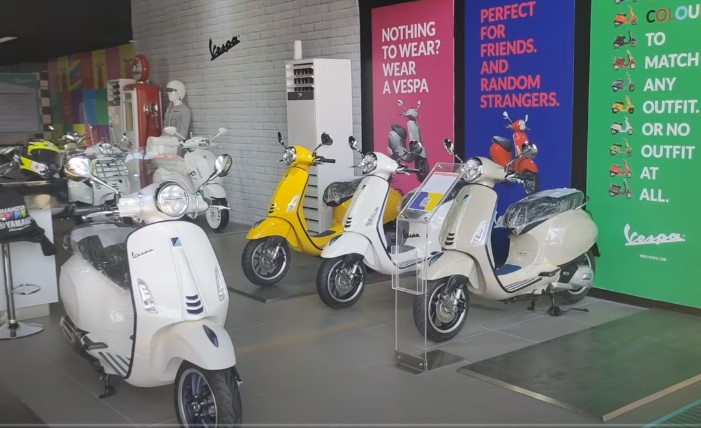
It’s essential to shop around for competitive financing options to secure favorable terms. Additionally, motorcycle insurance premiums can vary based on factors such as your age, driving history, location, and the type of motorcycle you own.
Researching different insurance providers and policies will help you find the best coverage at a reasonable cost.
Depreciation
Similar to cars, motorcycles also experience depreciation over time. As soon as you ride your new motorcycle off the dealership lot, it begins to lose value. The rate of depreciation can vary based on factors such as the brand, model, mileage, and overall condition of the motorcycle.
While depreciation doesn’t directly impact your day-to-day expenses, it’s worth considering if you plan to sell or trade in your motorcycle in the future. Opting for a popular or sought-after model can help minimize depreciation.
Maintenance and Repairs
Proper maintenance is crucial for the longevity and performance of your motorcycle. Regular servicing, oil changes, tire replacements, and brake inspections are just a few examples of ongoing maintenance costs.
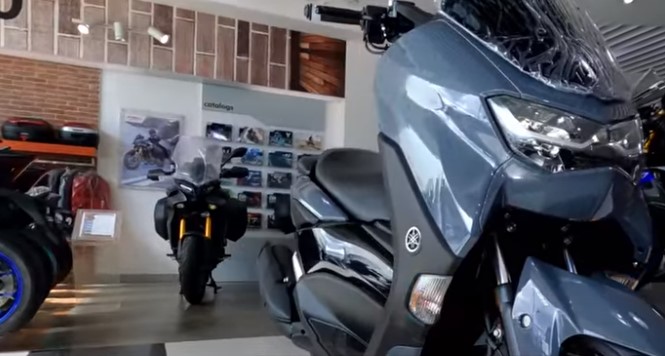
The frequency and extent of maintenance required can vary based on the make, model, and usage of the motorcycle. Additionally, unforeseen repairs due to accidents or mechanical failures can significantly impact your budget.
Maintaining a rainy-day fund for unexpected repairs is advisable to mitigate the financial burden they may bring.
Fuel Efficiency
Fuel efficiency plays a significant role in determining the cost of ownership, especially for riders who frequently cover long distances. Motorcycles with better fuel efficiency will require fewer fuel stops and ultimately cost less to operate.
Factors that affect fuel efficiency include engine size, weight, aerodynamics, and riding style. Researching the fuel efficiency ratings of different motorcycle models can help you choose a bike that aligns with your budgetary and environmental considerations.
Riding Gear and Accessories
Safety should be a top priority for any motorcyclist, and investing in quality riding gear and accessories is essential. Helmets, jackets, gloves, boots, and riding pants are vital for protection on the road. The cost of these items can vary based on their quality, brand, and additional features.
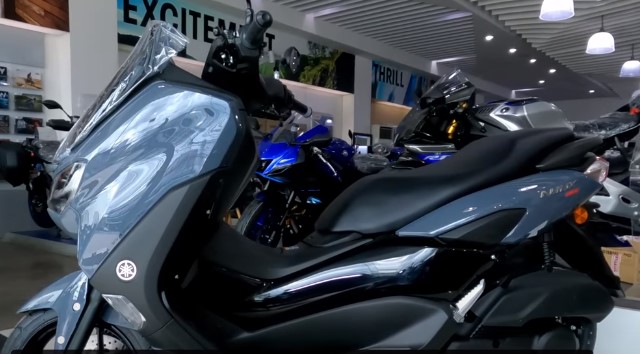
Additionally, riders may also choose to invest in accessories such as luggage systems, GPS devices, or customized parts, which can add to the overall cost of owning a motorcycle. Considering these expenses in your budget is necessary to ensure a safe and enjoyable riding experience.
How Can You Save Money While Owning a Motorcycle?
Owning a motorcycle can be an exhilarating experience, but it’s no secret that it comes with financial responsibilities. However, there are several strategies you can employ to save money while enjoying the thrills of motorcycling. From smart purchasing decisions to cost-effective maintenance practices, let’s explore some key ways to keep your motorcycle ownership costs in check.
Choose a Cost-Effective Motorcycle
One of the most effective ways to save money while owning a motorcycle is to make a wise purchasing decision. Consider opting for a beginner or mid-range motorcycle that fits your needs and budget.
These motorcycles often come with more affordable price tags, lower insurance premiums, and better fuel efficiency.
Avoid falling into the trap of buying a high-performance or luxury motorcycle that may come with hefty upfront costs, expensive maintenance, and higher insurance rates.
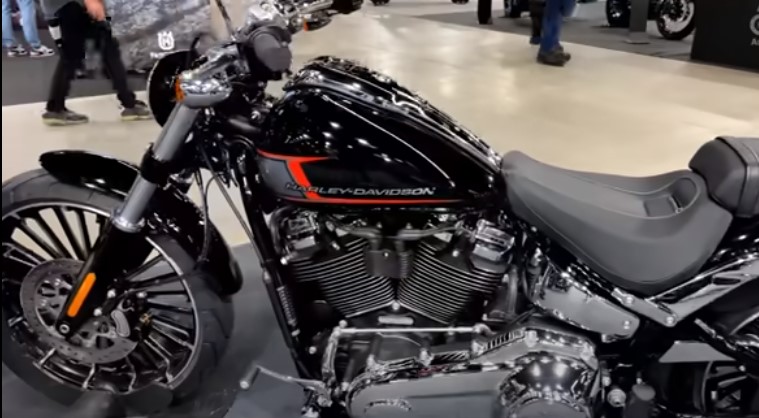
Buy Used
Purchasing a used motorcycle can be a great way to save money. Used motorcycles generally come with a lower price tag compared to new ones, offering significant savings. However, it’s crucial to do thorough research, inspect the motorcycle’s condition, and obtain its complete maintenance history.
Buying from a reputable seller or dealership can provide peace of mind and help ensure that you’re getting a reliable used motorcycle at a fair price.
Efficient Fuel Consumption
Monitoring your fuel consumption and adopting fuel-efficient riding habits can lead to substantial savings. Maintaining a consistent speed, avoiding sudden accelerations, and refraining from unnecessary idling can all contribute to better fuel efficiency.
Additionally, keeping your motorcycle properly maintained, including regular oil changes, clean air filters, and properly inflated tires, can enhance fuel efficiency. By planning your routes strategically and utilizing fuel apps to locate the most cost-effective gas stations, you can further optimize your fuel expenses.
Perform Regular Maintenance
While it may seem counterintuitive, investing in regular maintenance can actually save you money in the long run. Keeping up with routine maintenance tasks such as oil changes, filter replacements, and chain lubrication can prevent larger, more expensive repairs down the line.
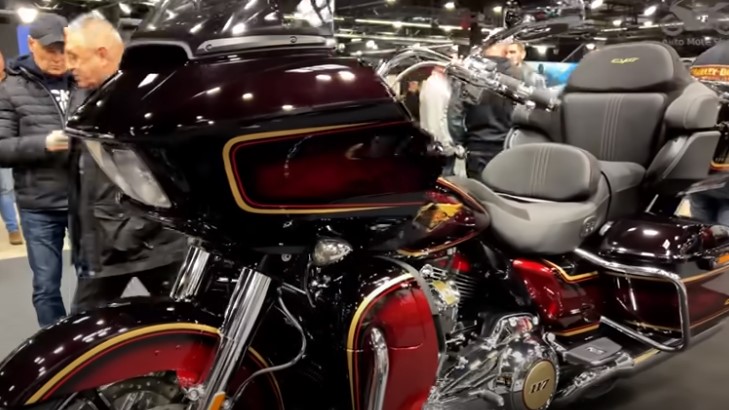
By following the manufacturer’s recommended maintenance schedule and performing basic maintenance tasks yourself, you can reduce the reliance on costly professional services.
Learning basic motorcycle maintenance skills can also empower you to address minor issues promptly and avoid unnecessary trips to the mechanic.
DIY Repairs and Upgrades
For motorcycle enthusiasts who are comfortable working on their bikes, performing DIY repairs and upgrades can lead to significant savings. Simple tasks like changing brake pads, replacing bulbs, or adjusting the chain can be accomplished with basic tools and online tutorials.
However, it’s essential to know your limits and consult professional help for complex repairs or modifications. Additionally, purchasing aftermarket parts directly and installing them yourself can be more cost-effective compared to having them installed at a dealership.
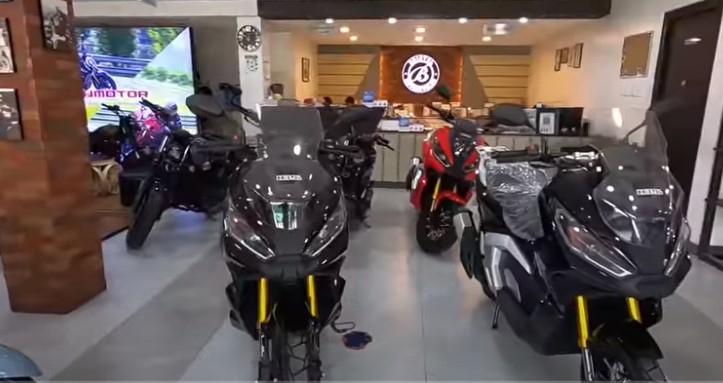
Shop Around for Insurance
Insurance is a necessary expense for motorcycle owners, but that doesn’t mean you can’t save money on premiums. Take the time to shop around and obtain quotes from different insurance providers. Compare coverage options, deductibles, and discounts offered to find the most competitive rates.
Additionally, bundling your motorcycle insurance with other policies, such as auto or home insurance, may lead to further discounts. Keep in mind that maintaining a clean driving record and taking safety courses can also result in reduced insurance premiums.
Join Motorcycle Clubs and Online Communities
Joining local motorcycle clubs and engaging with online communities can provide valuable insights and cost-saving opportunities. These communities often share information on discounts, group buys, and affordable resources for motorcycle gear, accessories, and services.
They can also provide tips and recommendations for cost-effective routes, budget-friendly motorcycle-friendly accommodations, and DIY solutions. Sharing experiences and knowledge with fellow riders can help you navigate the world of motorcycling in a financially savvy way.
Is Owning a Motorcycle Worth It?
Whether owning a motorcycle is worth it ultimately depends on personal preferences and circumstances. For individuals who crave the thrill of the open road, the freedom and excitement that come with motorcycling can make it a highly rewarding experience.
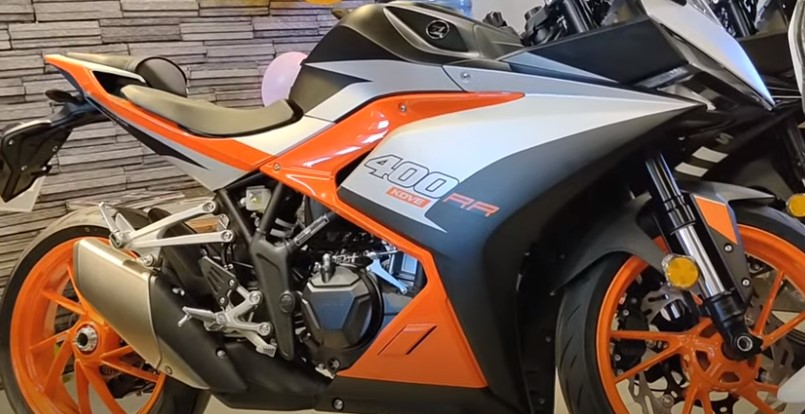
Motorcycles offer a unique sense of connection with the environment and can provide a more immersive riding experience compared to other vehicles. Additionally, motorcycles can be more fuel-efficient and cost-effective in terms of maintenance and insurance compared to cars.
However, it’s important to consider the associated risks, such as higher vulnerability in accidents [1] and exposure to weather conditions. Furthermore, factors like climate, commuting needs, and personal comfort play a role in determining the worthiness of motorcycle ownership.
It is crucial to evaluate one’s lifestyle, safety concerns, and financial considerations before deciding if owning a motorcycle aligns with their desires and circumstances.
Conclusion
Embarking on the thrilling journey of motorcycle ownership demands a keen eye on the costs involved. From the initial purchase price to ongoing expenses like maintenance, insurance, and fuel, understanding the financial landscape is crucial.
By carefully considering these factors and exploring ways to save money, you can confidently navigate the world of motorcycles while keeping your budget intact. So, buckle up and get ready to hit the road with your two-wheeled companion, knowing that you’re well-prepared for the costs that lie ahead.

